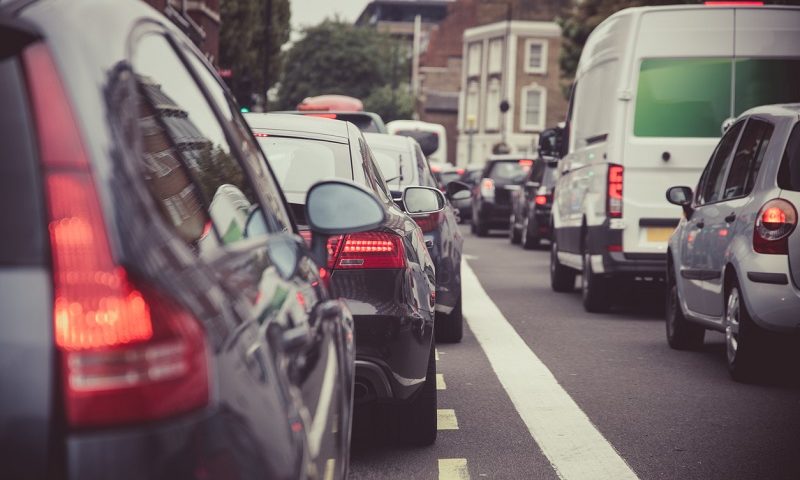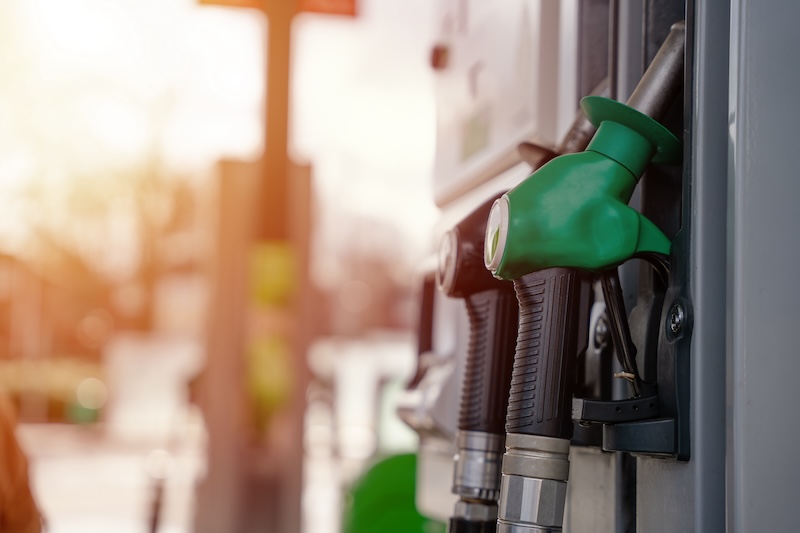Car dependency at record high despite commuting decline

Would you find it challenging without a car?
The proportion of motorists who say they’d struggle without one has soared to the highest level since 2006, new research suggests.
Most drivers in limbo without their car
Reliance on cars has hit a 15-year high despite a drop in commuting, an RAC survey shows. In its poll of 2,652 UK motorists, over four in five (82%) say they’d struggle without access to a vehicle.
This is up from 79% last year and 74% in 2019 – marking the highest level since 2006.
In terms of visiting friends and relatives, 68% of those who rely on a car say the distance they have to travel is too far to walk or cycle. Plus, 57% say the car is quicker than other options, and 53% say there are no feasible public transport services.
More unsurprisingly, drivers in rural areas are more likely to be car-dependant (87%) than town and city dwellers (77%).
The survey also indicates that the five-day-a-week commute we were accustomed to pre-pandemic won’t make a comeback for most motorists.
As few as 32% of respondents say they’ll drive to a workplace every working day in the future, compared to 49% before coronavirus took hold. Instead, the average expected number of commuting days is three.
In addition, drivers are reluctant to give more merit to public transport. Fewer than half (46%) say they’d use their car less even if train and bus services improved, which is actually down from 59% three years ago.
And 45% say they expect to travel by public transport less in future as a direct result of the pandemic.
Why have motorists become so reliant?
RAC data insight spokesman, Rod Dennis, said: “Many drivers clearly expect that hybrid working will become the norm, which could have a profound effect on the overall volume of vehicles on the roads during the week.
“It’s also clear just how important the car is to so many people, a relationship that appears to have strengthened due to Covid-19.”
Mr Dennis explained that in so many cases, the car is faster, more reliable and is really the only feasible option for the sorts of distances people travel, whether that’s to the local supermarket or to see friends and family at the other side of the country.
He added: “If the challenge faced by policymakers in getting drivers out of their cars before the pandemic was akin to trekking up a steep hill, our research suggests they now have a veritable mountain to climb.”
With car dependency so high, find out how to stay safe and minimise Covid risk when travelling in shared in vehicles.


